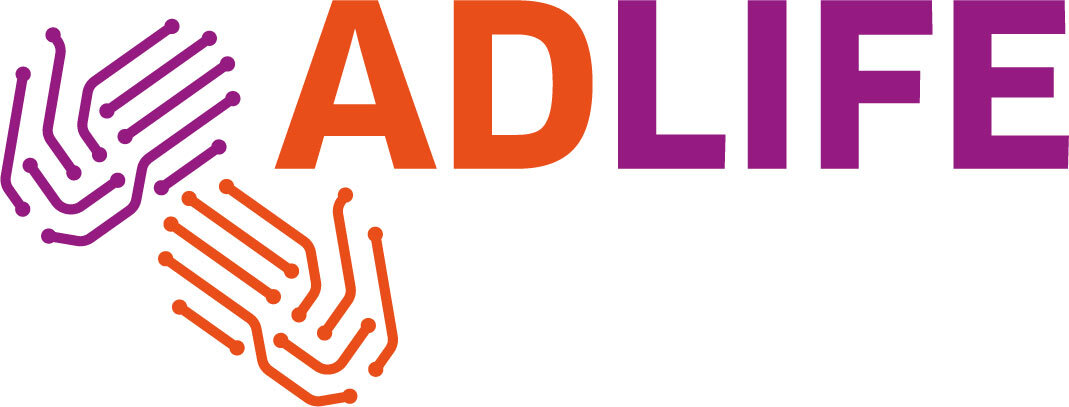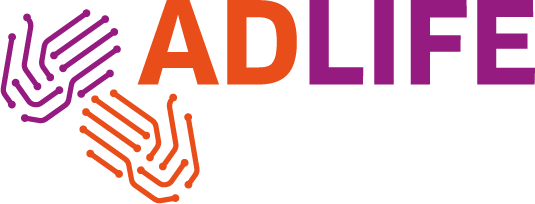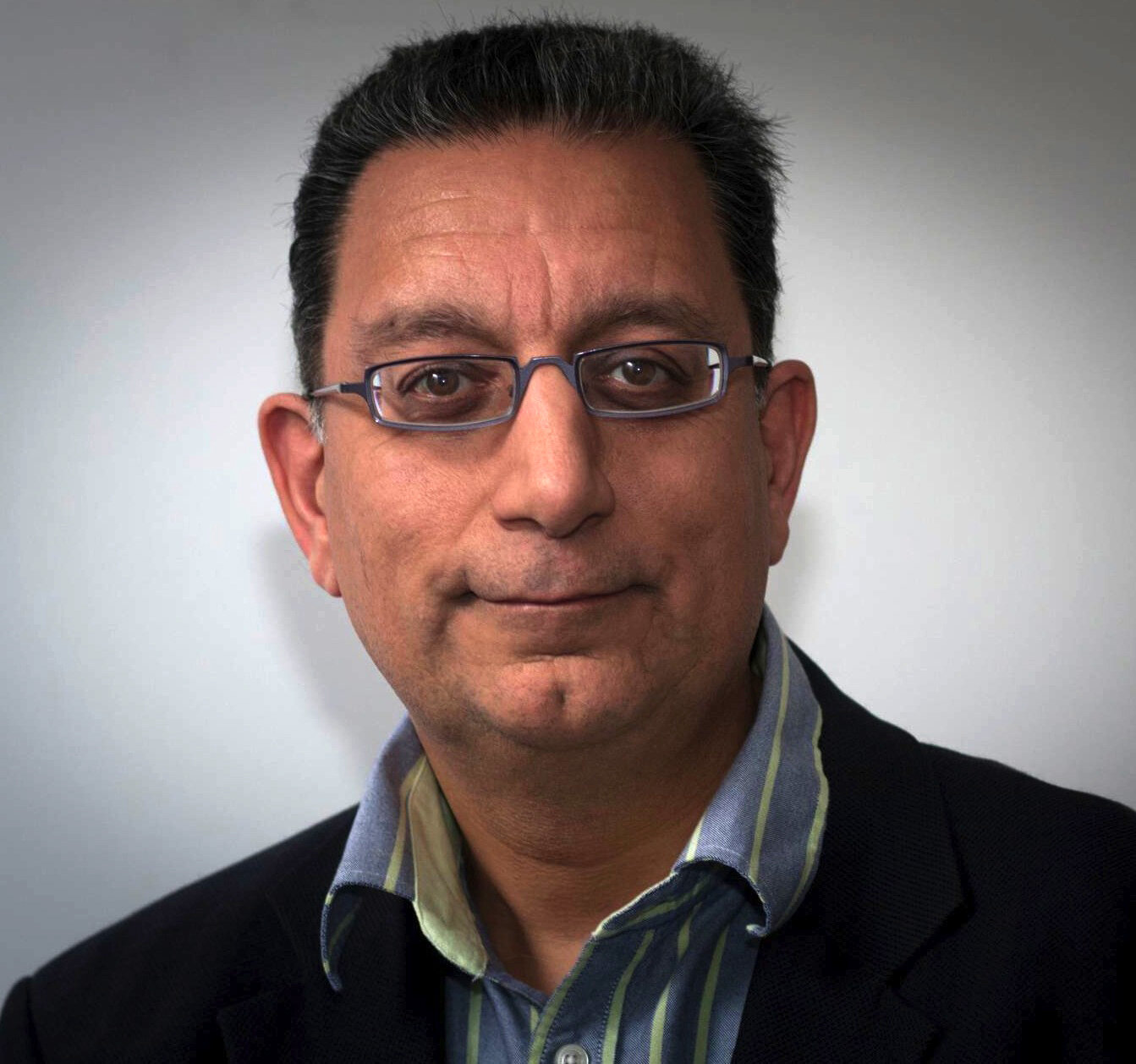ADLIFE Q&A
Professor Dipak Kalra
President, The European Institute for Innovation through Health Data (i~HD)
Tell us about your background and current role…..
I trained in medicine and started my first career as a general practitioner in London. I really enjoyed engaging with patients and working with caring colleagues in a group practice in East London. I thought this is where I would spend the whole of my career. However, almost by accident, I became interested in how computers could contribute to our understanding of the care we were giving to our patients, help the practice to be more efficient and enable us to monitor important aspects of the health status and treatment of each patient. In the late 1980s these computers were rather clumsy, and I was fortunate to become invited to collaborate with a European network of colleagues on the first ever European Commission funded project on electronic health records, which started in 1992. This became a springboard for a cascade of successful European projects which I have continued up to today, when I am in ADLIFE! After a few years of combining research and general practice, I had to make the tough choice between them and elected to enter academic life. I progressed up the ladder and eventually became Professor of Health Informatics at University College London.
In parallel to multiple European projects, I established a software team that could develop innovative electronic health record systems and web applications. We developed cardiovascular ambulatory clinic systems that were installed at several hospitals in North London. This gave us a lot of insight into the reality of electronic health record adoption in busy healthcare environments, and what such systems really have to deliver in a fast and friendly way.
Several years ago it became clear to me and many European colleagues that there are important advances that need to be made in how we create, share and use health data for care, quality improvement and research. These advances need to be made collectively by multiple stakeholders working together. Most importantly, the needs of healthcare systems to learn more from their data and the need for the research sector to have access to larger pools of data really encourages them to collaborate - to co-create a greater and trustworthy health data ecosystem. We decided that this needs to be energised by a new not-for-profit Institute that would focus specifically on enabling everyone to collaborate on enabling better uses of health data. We founded the European Institute for Innovation through Health Data, which I lead and is a partner in ADLIFE.
Why did you want to be involved in the ADLIFE project?
Through the recently completed C3-Cloud project we learned how are valuable it can be for clinical teams to have electronic care pathways to help ensure that they can make the best decisions with their patients, and follow the latest evidence to ensure high quality and safe care. I enjoyed being part of that project. C3-Cloud also demonstrated that giving patients and their family caregivers access to the information and mobile applications is empowering so they can manage their own care better in between clinic visits.
ADLIFE focuses on patients with advanced long term conditions, where healthcare and its decisions are even more complicated, and also where the involvement of patients and their caregivers is vitally important. This is such a compelling area in which innovative technology solutions can bring patients and their clinical teams closer together. ADLIFE is also developing innovative artificial intelligence, to help make those care decisions even more accurate and better personalised. This is an essential advance for the benefit of society. I was delighted to be asked to join this project.
Tell us about your role in ADLIFE….
I and my Institute help to ensure good data protection, and compliance with the European General Data Protection regulation (GDPR). We have worked with the coordinator to develop codes of practice for different areas of the project work with data. We have contributed a plan for managing the data within the project, and assisted the clinical sites to get the approvals they need for us to security access the vital data to develop research innovations such as artificial intelligence and to learn about what improvements we can deliver to patients and their health outcomes.
What most excites you about working on ADLIFE and with the Consortium?
I’ve said above what excites me about the project. I would also like to say that I am delighted to be working with such high calibre experts in different areas of health and technology, who are very inspiring to engage with. It’s always a pleasure to mingle across Europe, which enriches our conversations. We will hopefully soon be able to travel again to our different European cities for project meetings and delicious dinners.
Finally, tell us something about you that people may not know…..?
The combination of research learning from European projects and practical experience in North London caught the attention of the European standards organisation CEN. I was invited to lead the development of a European standard on electronic health record communications, to support the exchange of patient records between systems so that a patient’s clinical team would be able to access joined up information wherever the patient needs healthcare. This European activity was soon escalated to the international level and became an international ISO) standard. Some years later I was re-invited to review that standard and to update it, which we re-published a few years ago. So, I am a standards setter!


